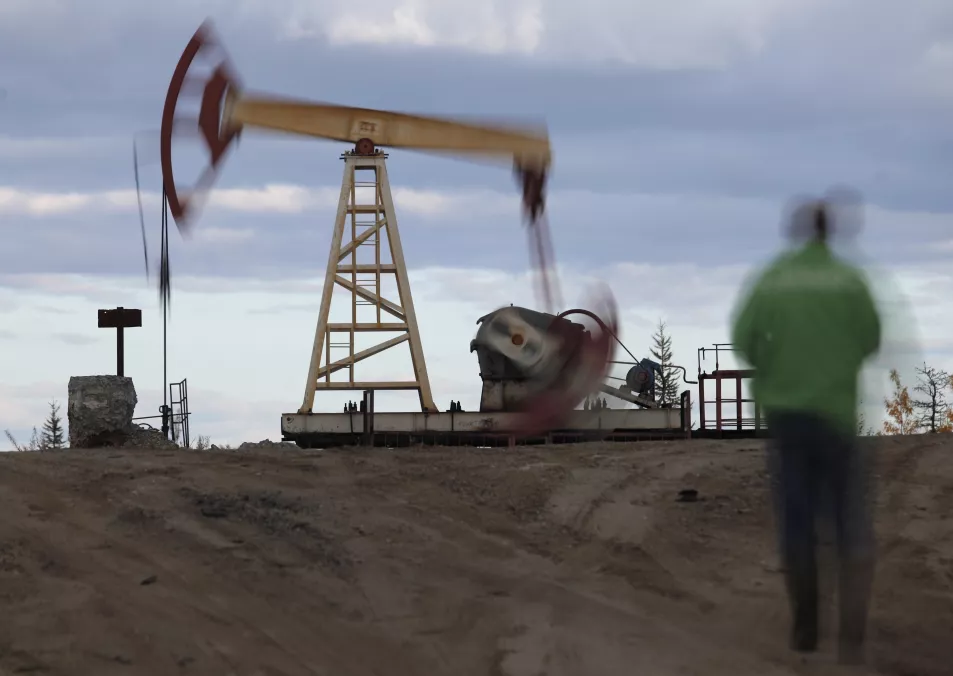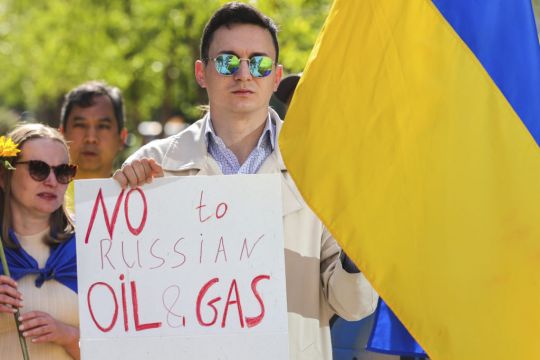European Union leaders reached a compromise on Monday to impose a partial oil embargo on Russia at a summit focused on helping Ukraine with a long-delayed package of sanctions that was blocked by Hungary.
The watered-down embargo covers only Russian oil brought in by sea, allowing a temporary exemption for imports delivered by pipeline.
EU Council President Charles Michel said on Twitter the agreement covers more than two-thirds of oil imports from Russia, “cutting a huge source of financing for its war machine. Maximum pressure on Russia to end the war.”

The EU had already imposed five previous rounds of sanctions on Russia over its war. It has targeted more than 1,000 people, including Russian President Vladimir Putin and top government officials, as well as pro-Kremlin oligarchs, banks, the coal sector and more.
But the sixth package of measures announced on May 4 had been held up by concerns over oil supplies.
Hungary Prime minister Viktor Orban had made clear he could support the new sanctions only if his country’s oil supply security was guaranteed.
The landlocked country gets more than 60% of its oil from Russia and depends on crude that comes through the Soviet-era Druzhba pipeline.

As the summit heads into its second and final day on Tuesday, leaders will focus on continued EU financial support to Ukraine — probably the endorsement of a 9 billion-euro (£7.6 billion) tranche of assistance — and on military help and war crimes investigations.
The issue of food security will be on the table on Tuesday, with the leaders set to encourage their governments to speed up work on “solidarity lanes” to help Ukraine export grain and other produce.
Some protesters gathered outside EU buildings on Monday before the summit, holding signs like “No to Russian oil and gas.”







